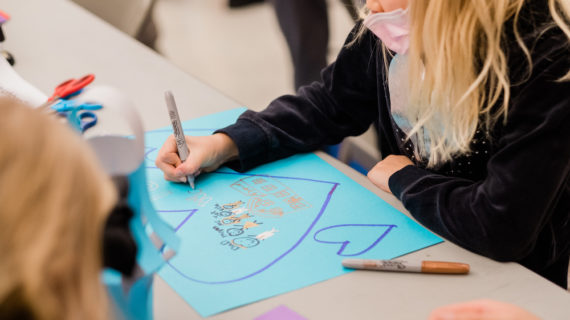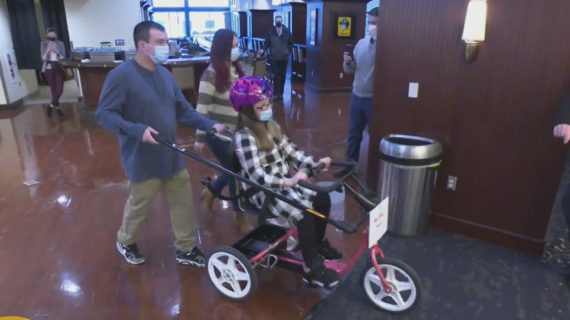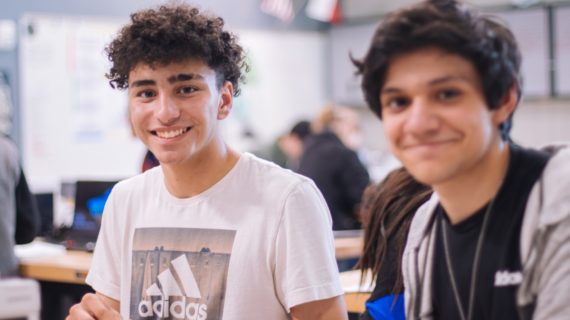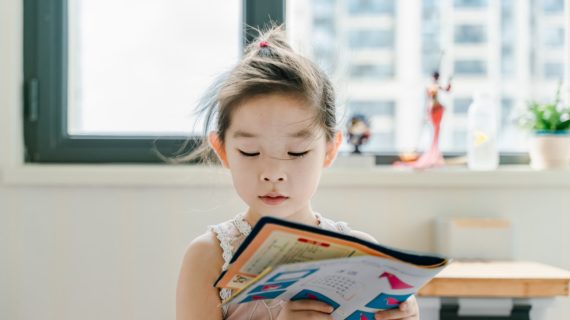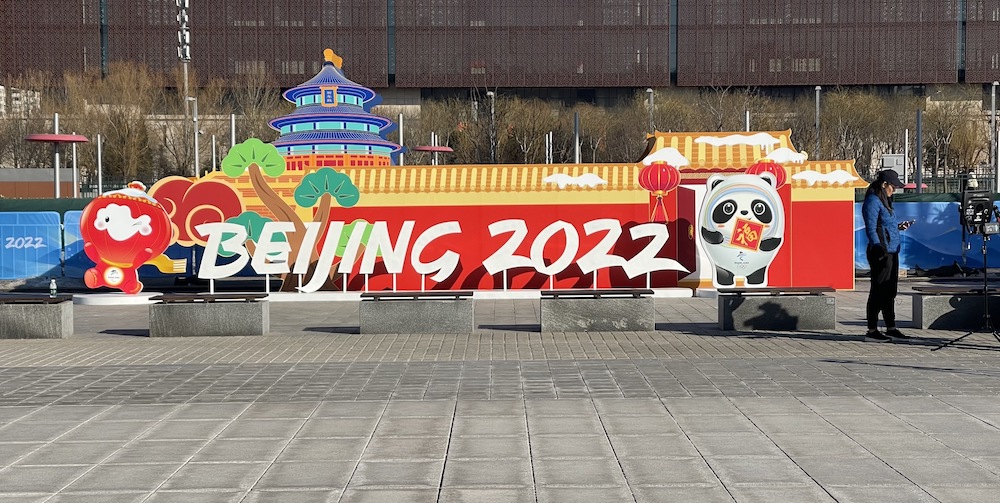
A parent’s guide to watching the Olympics with kids — and learning along the way
When it comes to spectacle and sweep, the Olympics have it all. Athletes performing at world-class levels. Nations uniting and squaring off to chase excellence and glory. One of the world’s largest governments trying to pull off a global event in the middle of a pandemic that was first identified inside its own borders.
As the Winter Olympics unfold in Beijing for the next two weeks, so many things — from the global nature of the event to the themes that surface around the sports, the athletes and the host country — are great subjects for discussions between Pittsburgh-area parents and children.

In journalism, we have something called a “news peg.” Loosely speaking, it’s when news gives us a reason to write about a larger issue related to that news. The Olympics provides that in abundance. It can also give parents a chance to explore all kinds of important subjects with their kids.
Here are a few ideas on some discussions to lead with your kids as the Beijing Games are happening over the next two weeks:
SPORTS
- Many of the athletes competing at the Winter Games are barely out of childhood themselves; some are still teenagers. Ask your kids to put themselves in the competitors’ shoes (or ski boots): What do they think it takes to achieve this level of excellence in the field you’ve chosen? Look up some of the athlete bios, either written or on video, and listen to how they got where they are — the paths they chose and the work it took. Ask your kids: Is there anything you love to do that much?
- Last summer at the Tokyo Games, athletes like tennis player Naomi Osaka and gymnast Simone Biles helped highlight the issue of emotional health. Mental wellness is crucial to athletes’ success — and to everyone’s. Undoubtedly this topic will come up in Beijing as well. Ask your kids: What do they think some of the stresses might be for competitors at that level? What stresses have they felt in their own lives? Can they identify with the Olympians? If they’re athletes, what pressures do they feel when they compete?
- Some sports might be unfamiliar to Pittsburgh kids. Curling, for example, is a unique sport that has been in the Olympics since 1998. Consider watching these less familiar sports with your kids and ask them how they’d describe the competition to friends. Or, with something like the luge, ask how it compares to sledding down a hill in your neighborhood.
THE PANDEMIC
- Kids will see lots of imagery out of the Olympics related to COVID. Workers in full-body protective suits are conducting tests daily. The Olympic “bubble” is keeping people associated with the Games apart from the rest of the city, and the government says COVID is the reason. Talk to kids about what it must be like to be an athlete or a visitor, wandering inside this bubble and sometimes competing in front of almost empty venues. How would they feel if it was their sport and no one could come see them? Did they experience similar things in 2020 and 2021?
- An outbreak of coronavirus in the central Chinese city of Wuhan was the earliest known example of the virus. Some people, including former President Donald Trump, blame China for the virus. China tells a very different story. Ask your kids: Where do you think the virus came from? Why does it or doesn’t it matter?
- Ask your child: If you were an Olympic athlete, would you be afraid to go to the Games because of the pandemic? Why or why not?
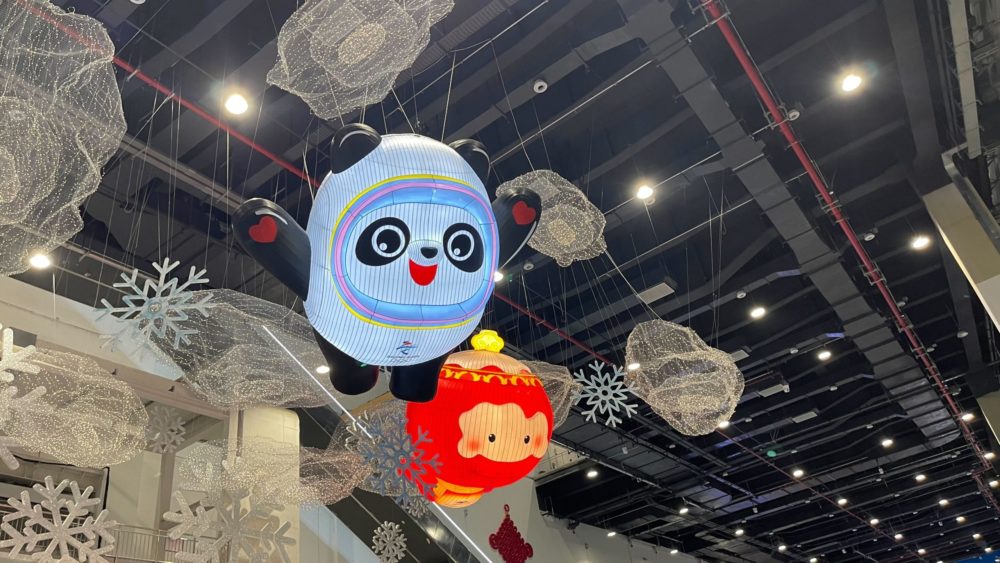
CHINA ITSELF
- China is one of the world’s powerhouses, but it’s often perceived through American eyes with lots of cliches and inaccuracies. The country showcased itself during the opening ceremony Friday, and Chinese culture will be front and center for days to come. Use this opportunity to ask: What can we learn from China? What parts of the culture are being showcased on Olympics broadcasts? Do they seem accurate? What do they leave out?
- Would your kids ever want to go to China to visit? If so, what kinds of things would they want to know, see or do? Steer them online to places where they can find out.
- Ask them: Do you think there’s someone just like you growing up in China? What would you want to tell that child if you could?
- Ask your child what she wants to know about the world beyond her home, and what can she learn from watching the Olympics? Have her make a list of things she’d love to know about the Olympics host country and its people.
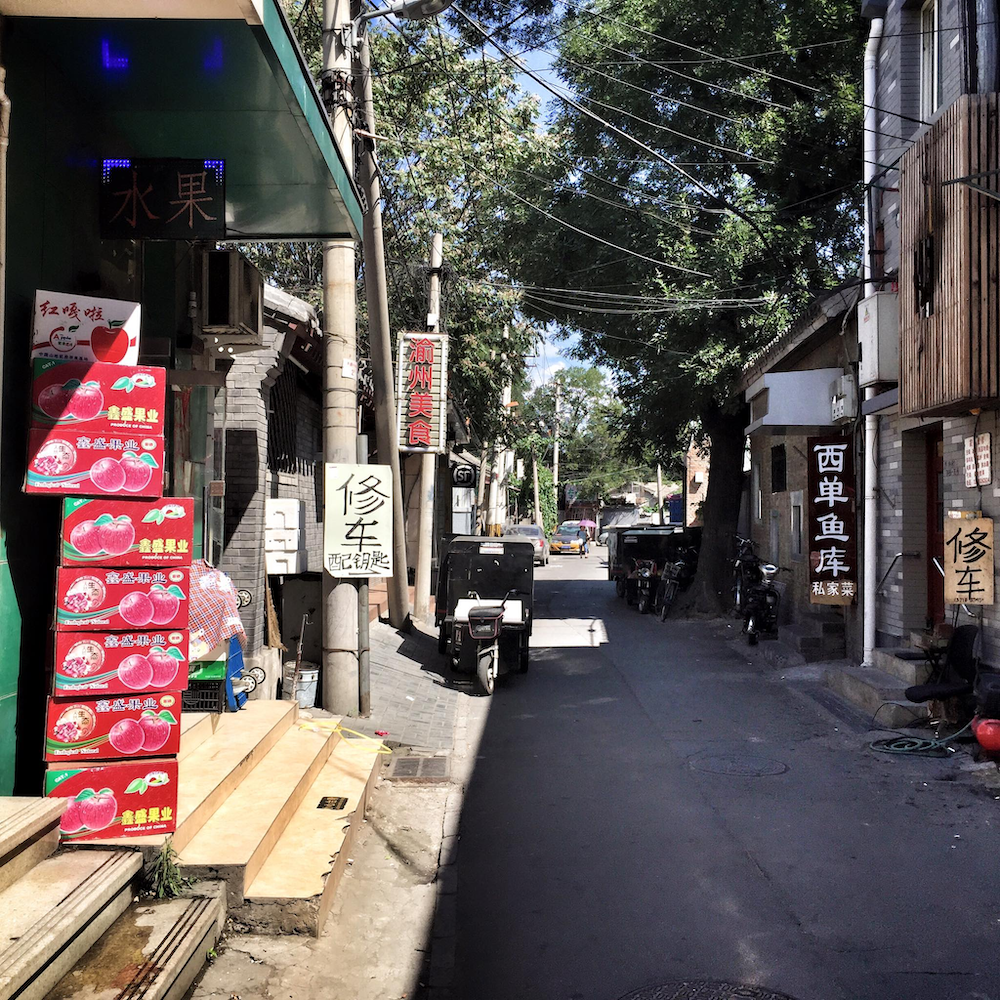
POLITICS AND BUSINESS
- Many U.S. kids know China as a place with a different and more authoritarian government than the American system. Compare and contrast the two. What can kids find out about the Chinese government system and how it differs from their country’s? What works and what doesn’t?
- Chinese leader Xi Jinping is one of the most powerful rulers in recent Chinese history. He will be running the world’s most populous country for years to come. What can kids look up and learn about him? (Hint: He ran the 2008 Olympics in Beijing before he was the country’s leader, and now he’s running the whole nation.)
- A city must spend billions of dollars to hold an Olympics. It builds buildings, changes road systems, improves infrastructure in certain areas. Do your kids think it’s worth it? Discuss how lives in their neighborhood, or in Pittsburgh, might be impacted both positively and maybe negatively if such a large event came to town.
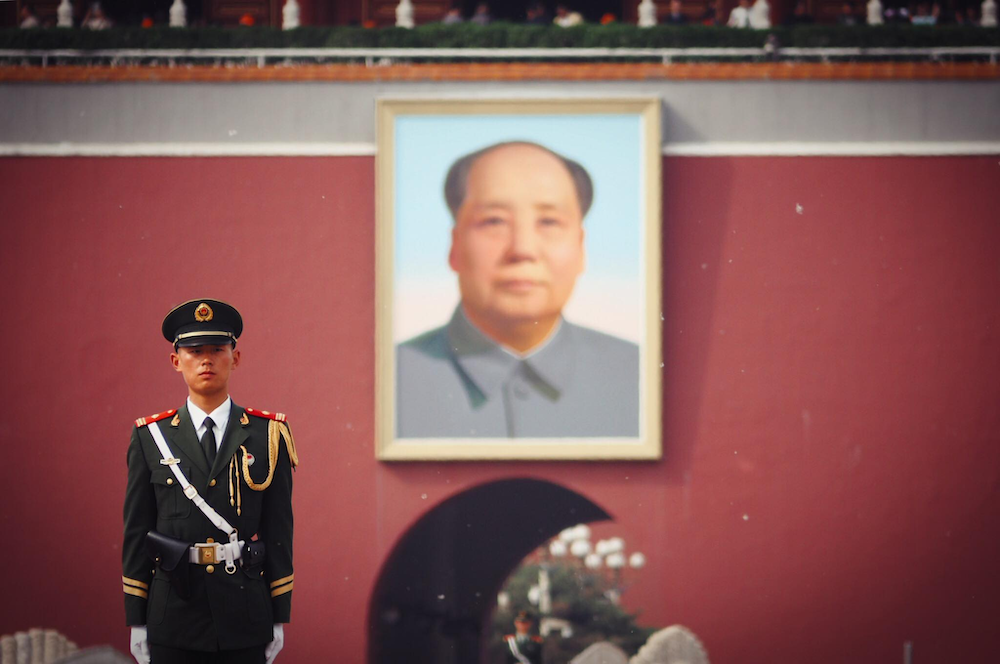
THE MEDIA AND STORYTELLING
- Watch some Olympics-related commercials with your kids and talk to them about what each ad is trying to say — and sell. How are Olympic storylines and characters used in these ads? Ask them: What do you think constitutes an Olympic hero, and why?
- If you’ll be watching the Olympics on TV, talk with your kids about who’s showcased. The American broadcaster, naturally, is going to focus more on American stories. But what about the other stories? What would it be like to be an athlete from a smaller country? Is it easier to get attention if you’re from a big sports powerhouse nation?
- If your child could tell the story of the Olympics, what would he say? What would be important to him? What would he draw?
Ted Anthony, a Pittsburgh native and resident of Hampton Township, is a journalist with The Associated Press and is in Beijing to help cover the 2022 Winter Games. He worked in China for the AP from 2001-2004 and lived there from 1979-80 when he was a kid.

